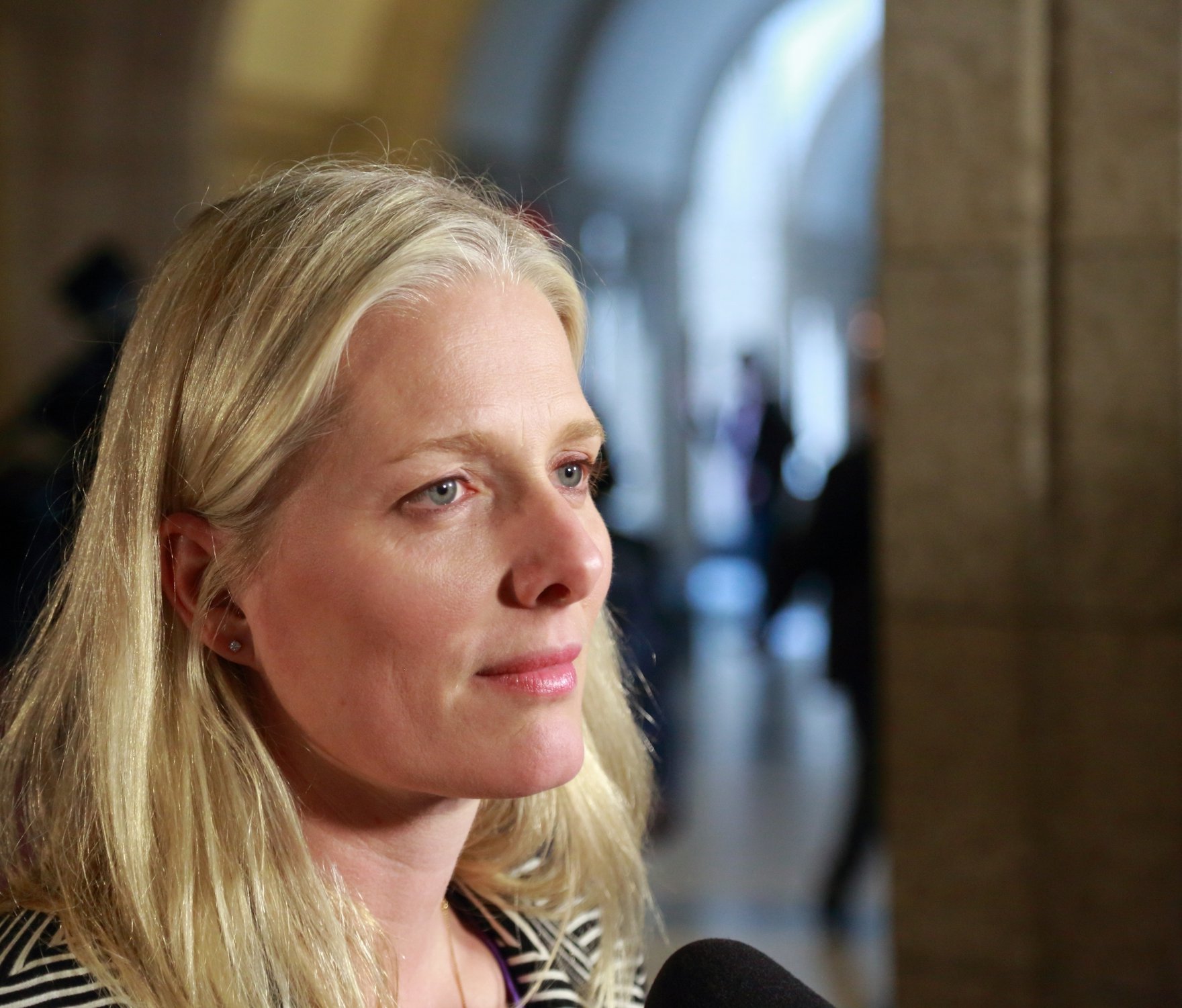On June 28, 2021, after six years as the Member of Parliament for Ottawa Centre, and as a senior cabinet minister, Catherine McKenna made the surprise announcement that she will not be a candidate in the next federal election. Although she has said that online “noise” was not the motivation for her departure, Ms. McKenna has long been the target of hateful sexist vitriol on social media.
A disproportionate number of women, and many female journalists and politicians of all political parties, experience online gender-based violence, which takes many forms. As Canada and other nations around the world consider regulations to address online hate, CIGI presents a roundup of our experts’ and contributors’ analysis of, and insights into, this growing problem — including findings that have emerged as part of our Supporting a Safer Internet project.
Read
- Technology-Facilitated Gender-Based Violence: An Overview
- Technology, Gender-Based Violence and the Shadow Pandemic
- Canada Shouldn’t Turn Away from the Difficult Task of Regulating Online Speech
- What Can Canadian Law Makers Draw from the New UK Online Safety Bill?
- Non-Consensual Intimate Image Distribution: The Legal Landscape in Kenya, Chile and South Africa
- In Tunisia, a Legal Patchwork Is Failing Women Online
- When Women Are Silenced Online, Democracy Suffers
- Four Reasons Internet Access Is a Women’s Issue
- Women, Not Politicians, Are Targeted Most Often by Deepfake Videos
- Platform Governance of Political Speech
Watch
- What Is Online Gender-Based Violence?
- Deepfakes and Digital Harms: Emerging Technologies and Gender-Based Violence
- Responding to Non-Consensual Intimate Image Distribution
Listen
- Maria Ressa on How Social Media Can Destabilize Democracy and Journalism
- Bishop Steven Croft on Keeping Humanity at the Centre of New Technology
- Mutale Nkonde on How Biased Tech Design and Racial Disparity Intersect



